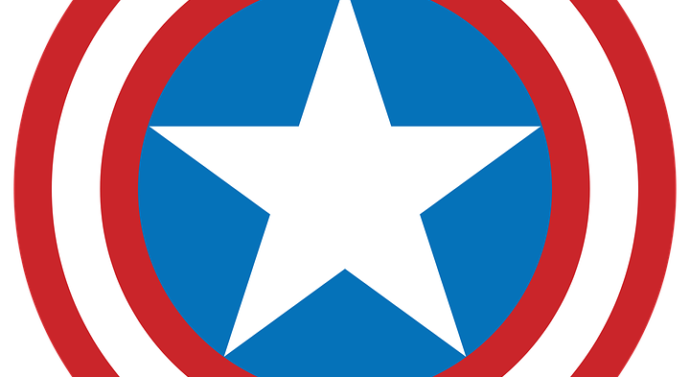
In defense of Captain America in “Civil War”
Editorial March 29, 2019, Comments Off 243The following is an editorial contributed by Ryan Smith. All views, thoughts and opinions belong solely to the author and do not necessarily represent those of The Drury Mirror.
Honor. Patriotism. Punching Nazi’s. These are just a few of the things that Captain America has stood for during his eight year tenure in the Marvel Cinematic Universe. First featured in “Captain America: The First Avenger”, Captain America’s character arc has been complex, interwoven through both Avengers movies and culminating in 2016’s “Captain America: Civil War.”
(Some spoilers ahead for some installments in the MCU).
The Avengers threatened
Civil War opens with the Avengers inadvertently causing an international incident (the third since the battle of New York in 2012’s “The Avengers”). The governments of the world come together to draft a document called the Sokovia Accords, which would place the Avengers under the control of a United Nations panel.
Of course, this action doesn’t sit too lightly with Captain America. He fights against the accords throughout the movie, culminating in his final showdown with Iron Man alongside Bucky Barnes, and by the end of the movie he’s disappeared into the wind.
But why exactly did Captain America fight against the Sokovia Accords? He spent years working for the military and the government. Well, the answer, of course, lies in an earlier movie in the MCU.
2014’s “Captain America: The Winter Soldier” is hailed by many critics and fans of the MCU as one of the series’ best installments. The major focus of the movie, however, is the change in Captain America’s character; throughout the movie, it is revealed that SHIELD, the organization in charge of the Avengers, has been compromised by agents of HYDRA, and that the group is plotting to take over both SHIELD and the world.
Of course, at the end of the day Captain America manages to halt HYDRA’s plan, but the damage was already done. Captain America no longer trusted organizations like SHIELD and felt that it was his duty to protect the world without the aid of larger governments.
In the end, can anyone even really blame Captain America? After being betrayed so many times, wouldn’t you be wary of oversight as well?
To read the opposing side in this war, check out our article More than the man in the can: A defense of Iron Man.
Article by Ryan Smith.